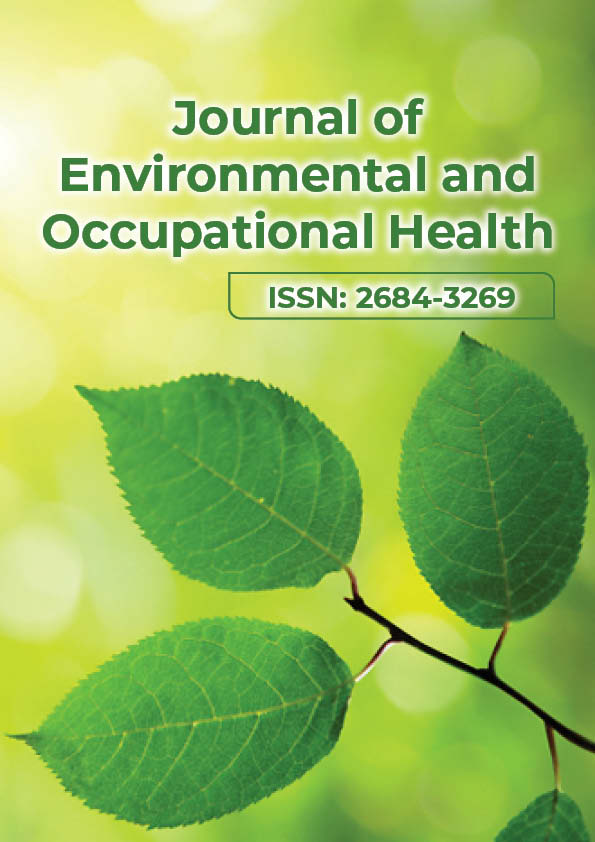Toxic eff ects of transition metals on male reproductive system: A review
Abstract
Milan Chandel, Gyan Chand Jain
Transition metals are d block elements, which show multiple oxidation states. Transition metals have a wide variety of applications in the industrial world. Recent studies have shown a considerable increase in metal contamination all over the world due to extensive use of metals and anthropogenic activity. A significant amount of many metals including transition metals have been reported in semen and blood of occupationally exposed workers. In the biological system, transition metals are mostly conjugated to proteins, forming metalloproteins, which are part of the enzymatic system. These are an essential component of biological function, but at higher concentration they can be toxic. Transition metals can interact additively, synergistically or antagonistically and affect each other’s absorption, distribution and excretion. Recent studies have shown that exposure to transition metals such as Cd, Cr, Hg, manganese, Ni, V and Zinc affects many body organs including the reproductive system. Transition metals may adversely affect male reproductive system in the terms of disruption of spermatogenesis, reduction in sperm count, motility, viability and increase in oxidative stress, inhibition of testicular steroidogenesis, serum testosterone, libido and decline in fertility. Various underlined mechanism have been proposed for such effects. The aim of this review is to provide a summary of the effects of transition metal exposure on male reproductive organs and functions.
https://marmarisdentalcenter.com
https://dentalclinicmarmaris.com
https://smilemakeovermarmaris.com
https://marmarisdentals.com
https://marisdentist.com
https://turkeysmilemakeover.com
https://dentalcenterinistanbul.com
https://turkeydentalcenter.co.uk





